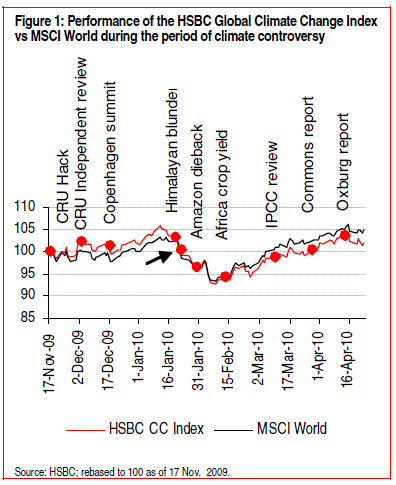The silly squabbling in Ireland is all about how we are in much better shape than Greece, or even Portgual or Spain. We have less government debt and are making "draconian" cuts in the public deficit.
If we have learnt anything from our recent economic history it should be to shun such ill judged hubris. We have proven to be a poor judge of our own policies or performance.
Let's have a more complete look at the problem.
First, nearly every measure of public indebtedness or annual borrowing I see is expressed as a percentage of GDP - a percentage of our national output. This is bad for Ireland. It should be expressed as a percentage of our National Income better appoximated by GNP or GNI. That increases all the figure by up to 25% (ie. 80% of GDP turns into 100% of GNP)
Secondly, we are being far too self congratulatory on fiscal initiatives to date. We have hardly made a scratch in the public sector imbalance between revenue and spending.
Third, while we have inadvisedly laughed at Greece hiding pile of government debt, Ireland has simply been doing the same in plain view. All the borrowing for NAMA related activities and bank recapitilisation is debt, but attempts are made to keep it "off balance sheet" without crudely hiding it.
But the final point is the big kicker. The problem isn't about public indebtedness, even though that is where all the focus has been. The problem is total indebtedness. How much debt in the public and private sector and consequently how much indebtedness to the rest of the world. It is pretty stupid to tihnk that an economy that has a reasonable large public debt stock and public deficit is in a more precarious state than one with slightly less debt and lower public deficit, but much more debt in the private sector.
When we borrow we are bringing forward future consumption. We then spend the subsequent years generating income to pay for the debt and pay it off. More debt (as a percentage of our income) means a large cut of our future income has to go to service and repay the debt. We also have reduced ability to serve our government debt obligations - which, let's face it, are just an extention of our collective private debt obligations as a nation.
That means reduced future standards of living. This trade-off is better for us if the we borrow to invest in assets that will reap income in the future (be that occupied housing, plant, infrastructure etc.). It is worse for us if we use it for final consumption (cars, furniture, holidays) or excessive investment (ghost estates etc.). Which of those sounds more like Ireland?
So to the data. The following shows the more comprehensive pciture of relative indebtedness across some European countries, including our fellow "PIGS". Now think about whether you would rather be exposed to Greek debt or Irish debt?

I wouldn't be so smug and probably wouldn't swap Greek bonds for Irish bonds, despite the contrary view that market is placing on the relative credit worthiness of the two countries at the moment.






